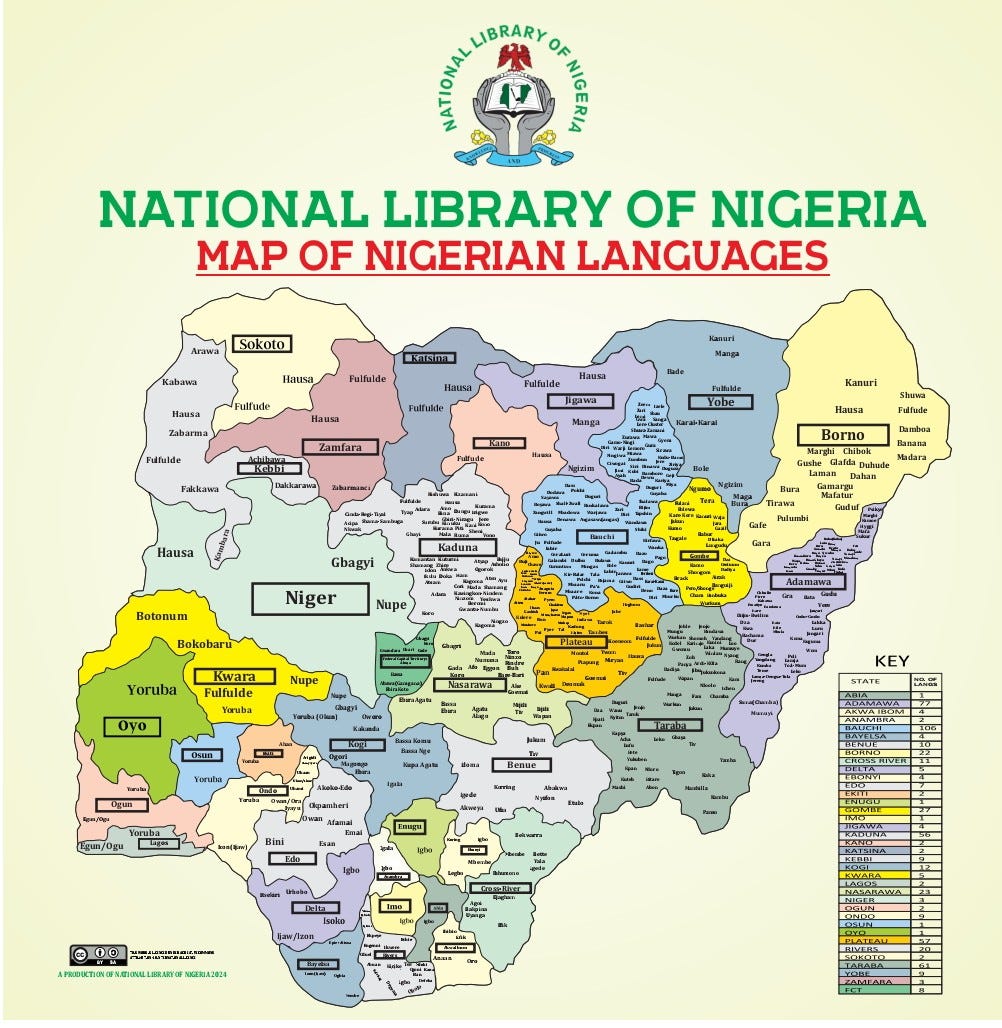As I walked through the bustling streets of Lagos, I overheard a conversation between two people. "Bawo'ni life?" one asked, followed by a burst of laughter and lively chatter in Yoruba and bits of English. This brief exchange made me ponder the future of Nigerian languages.
Will languages like Yoruba, Igbo, and Hausa thrive or fade in the digital age with so many factors threatening their authenticity and existence?
Despite the dominance of English, Nigerian languages have shown remarkable resilience. From the poetic richness of Yoruba oriki to the storytelling tradition of Hausa, these languages continue to play a vital role in shaping identity and culture but what will happen in the next century or less? Will our languages be spoken as it is now, will it be spoken at all?
Several trends will shape the future of Nigerian languages, trends like: language contact and blending, digital presence, and language documentation.
With these trends one can predict that Nigerian languages might adapt to digital platforms, experience a resurgence in cultural significance, face challenges from globalization potentially leading to language shift or loss.
The future of Nigerian languages is uncertain, but our resilience and cultural significance are undeniable. By embracing language preservation and promotion, we can ensure that our languages continue to thrive and shape our identity and culture.




